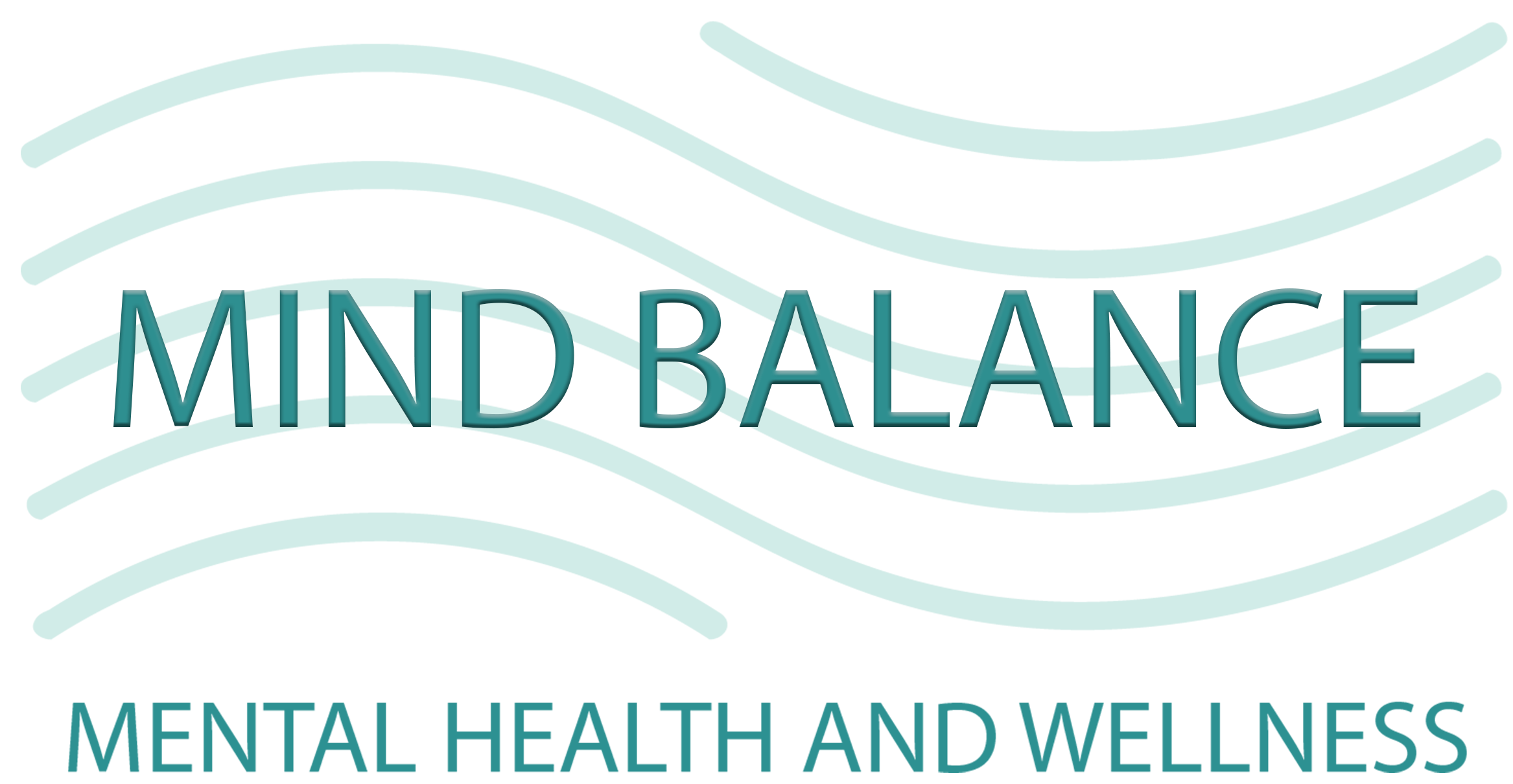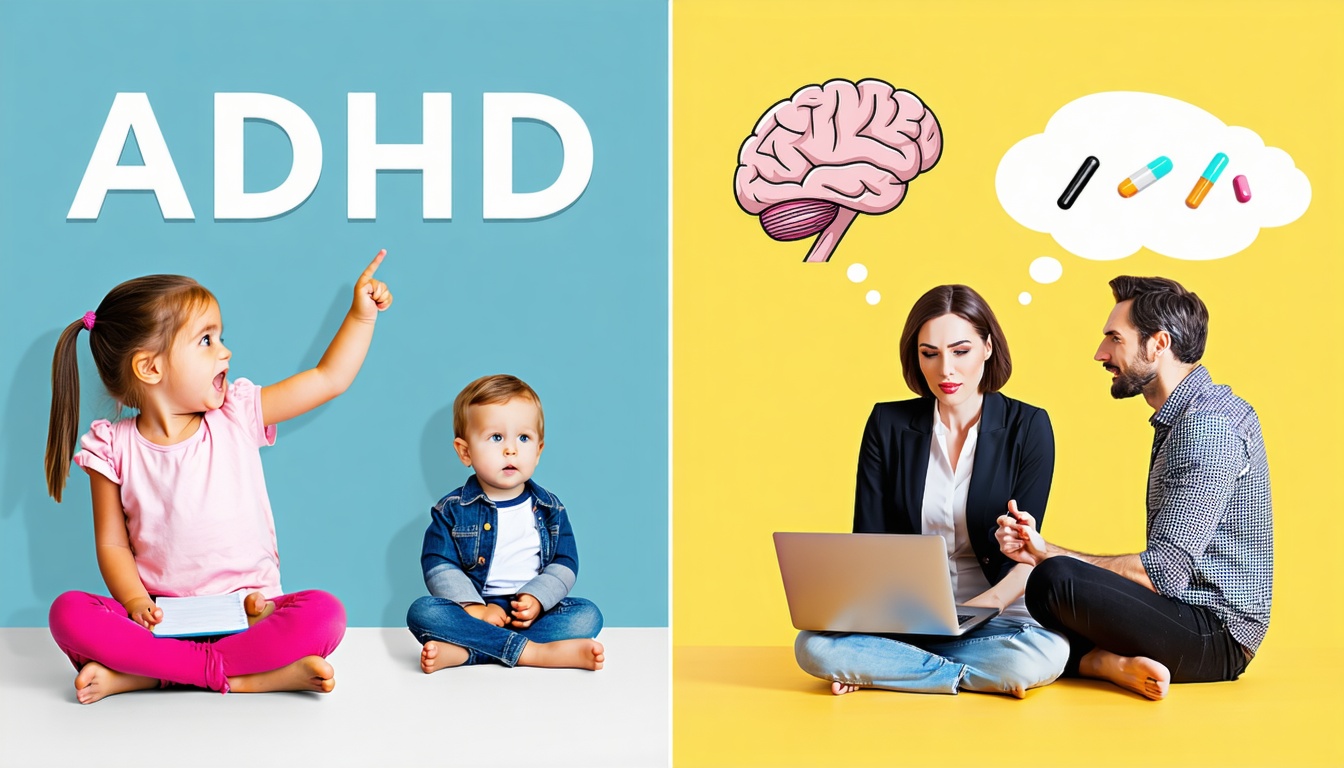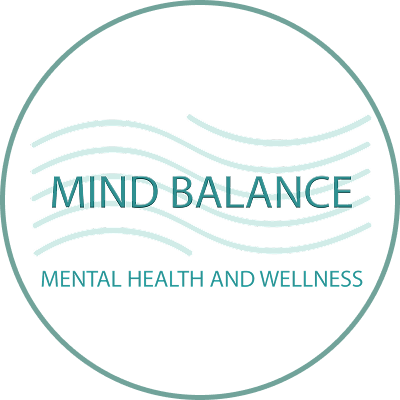Medication Management for Bipolar Disorder
Managing bipolar disorder requires a comprehensive approach, and medication plays a crucial role. At Mind Balance Health and Wellness, we prioritize effective treatment strategies that focus not just on symptoms but also on enhancing quality of life.
Importance of Medications
Medications are an essential part of a treatment plan for bipolar disorder. Although they do not cure the disorder, they help keep moods in balance, enabling individuals to engage in necessary activities. Proper medication management reduces the frequency and severity of mood swings, allowing individuals to lead a more stable life. Without these aids, daily functioning in areas such as work, school, and personal relationships can become significantly impaired.
Types of Medications
There are several categories of medications used to treat bipolar disorder, primarily focusing on stabilizing mood and alleviating symptoms. Below is a table summarizing the main types of medications utilized for managing bipolar disorder:
| Medication Type | Examples | Purpose |
|---|---|---|
| Mood Stabilizers | Lithium, Divalproex, Lamotrigine | Treat and prevent mania and depression |
| Anticonvulsants | Carbamazepine, Divalproex | Stabilize mood and control episodes |
| Antipsychotics | Quetiapine, Olanzapine | Address mood dysregulation and manic episodes |
Mood stabilizers are the mainstay of medication treatment for bipolar disorder. They address both the highs (mania) and lows (depression) associated with the condition, ensuring that emotions do not interfere with daily activities (Mayo Clinic).
Furthermore, the choice of medication often involves a collaborative discussion between the individual and their healthcare provider to ensure the selected treatment aligns with their specific symptoms and needs. For individuals who seek a balanced approach, exploring medication options combined with therapeutic methods can significantly enhance treatment outcomes.
At Mind Balance Health and Wellness, we are committed to providing personalized care that acknowledges the complexities of bipolar disorder, ensuring that our patients receive the highest quality mental health support. For more information on navigating the challenges associated with different mental health issues, such as anxiety, depression, or PTSD, please visit our detailed resources.
Finding the Right Medication
Finding the right medication for managing bipolar disorder can be a crucial step towards achieving stability and wellness. We understand that this process involves several important considerations, including individual variation and the trial and error process.
Individual Variation
The effectiveness of medications for bipolar disorder varies significantly from person to person. Each individual’s symptoms, body chemistry, and response to treatment can differ greatly. Therefore, what works for one person may not necessarily be effective for another (WebMD). To tailor the approach, doctors utilize various types of medications, including mood stabilizers and antipsychotics, depending on the individual’s specific symptoms (Mayo Clinic).
Trial and Error Process
Finding the right medication often requires a trial and error approach. This process may involve trying different medications or combinations of medications to identify the most effective treatment while minimizing side effects. Typically, healthcare professionals will change only one medication at a time to better assess its impact (Mayo Clinic).
It can take up to 8 weeks to observe the full therapeutic effects of a medication used for bipolar disorder (Healthline). During this time, close monitoring and communication between the patient and healthcare provider can help identify what adjustments are needed.
We believe that combining medication with other forms of therapy and support can enhance the effectiveness of the treatment plan. Therapies may include cognitive-behavioral therapy (CBT), family-focused education, and other supportive approaches to help manage symptoms (CAMH).
By understanding the individual variation in how medications work and embracing the trial and error process, we can help our clients navigate their journey towards effective management of bipolar disorder: medication and therapy approaches.
Medication Adherence
Importance of Compliance
We understand that adherence to medication is a pivotal aspect of managing bipolar disorder. Medications are essential components of a treatment plan, helping to maintain mood stability and allowing individuals to engage in their daily activities effectively. Consistent use of prescribed medications can significantly reduce the frequency and intensity of mood episodes, enhancing overall quality of life.
To put this into perspective, adherence to medication can lead to remarkable improvements. Here’s a brief illustration of potential outcomes based on adherence:
| Adherence Level | Potential Outcome |
|---|---|
| High | Reduced mood episodes, improved stability |
| Moderate | Occasional mood swings |
| Low | Frequent episodes and potential hospitalizations |
Risks of Abrupt Discontinuation
It is critical to highlight the risks associated with suddenly stopping medication without medical guidance. Abrupt discontinuation can trigger the reemergence of symptoms, which may involve intense mood swings, irritability, and even depressive episodes. Evidence suggests that individuals stopping mood stabilizers suddenly may experience mild withdrawal effects or recurrence of symptoms, underscoring the need for proper medical consultation before making any changes to medication (Cleveland Clinic).
The notion of careful medication management resonates particularly when considering caregivers’ roles; those with caregivers exhibiting high levels of expressed emotion (EE) face a two to three times higher likelihood of illness recurrence compared to those with supportive caregivers (NCBI). This link emphasizes the importance of consistent medication adherence not just for the individual, but also for the support network surrounding them.
By choosing to work with Mind Balance Health and Wellness, we can help ensure that you or your loved one receives comprehensive care, focusing on medication compliance alongside therapy approaches tailored to individual needs. For members of our community requiring assistance or more information, we offer a range of resources related to mental health care, including support for understanding the signs of high-functioning anxiety and how to tell the difference between depression and burnout.
Psychoeducation and Support Group
Benefits of Psychoeducation
Psychoeducation is a crucial component of managing bipolar disorder effectively. At Mind Balance Health and Wellness, we recognize that educating both patients and their family members about bipolar disorder can lead to significant improvements in overall treatment outcomes. Research indicates that psychoeducation has been associated with a reduction in new mood episodes and fewer hospitalizations, ultimately enhancing the quality of life for those affected by this condition.
Programs like the Psychoeducation Manual for Bipolar Disorder (PMBD) have shown positive results, including:
| Outcome | Evidence |
|---|---|
| Decrease in new mood episodes | Patients who engaged in psychoeducational interventions reported fewer mood changes. |
| Fewer hospitalizations | Lower rates of hospitalization were observed among individuals receiving psychoeducation. |
| Improved adherence to treatment | Patients demonstrated better compliance with prescribed medications. |
Through our psychoeducational initiatives, we help individuals understand the symptoms, triggers, and treatment options for bipolar disorder. This knowledge empowers them to manage their condition more effectively and communicate better with healthcare providers. For more details, explore our article on understanding the signs of high-functioning anxiety.
Group Therapy Benefits
Group therapy offers additional advantages for individuals managing bipolar disorder. Participating in group psychoeducation programs can promote social support and foster connections between people experiencing similar challenges. Research shows that such interventions can improve treatment adherence and lower rates of hospital admissions compared to individual treatments.
The benefits of group therapy include:
| Benefit | Description |
|---|---|
| Extended intervals between mood episodes | Group involvement promotes a supportive environment that may help individuals manage mood stability. |
| Enhanced adherence to pharmacological treatment | Social reinforcement within the group can motivate individuals to stick to their medication regimens. |
| Decreased hospital admissions | Regular group attendance is associated with fewer crises requiring hospitalization. |
Moreover, group therapy facilitates open discussions about personal experiences, allowing participants to share coping strategies and gain insights from others. This shared knowledge can augment their understanding of bipolar disorder and foster a sense of community.
In addressing treatment for bipolar disorder, we also emphasize the importance of involving family members. This is a key aspect of Family-Focused Therapy (FFT), which aims to involve relatives in the treatment process. By improving communication and problem-solving skills, FFT allows both patients and their families to navigate the complexities of bipolar disorder collaboratively. Explore more about FFT and its benefits in our article on what to expect from OCD treatment at a mental health clinic.
At Mind Balance Health and Wellness, we are committed to providing high-quality mental health care that incorporates both psychoeducation and group support, essential elements in successfully managing bipolar disorder.
Alternative Treatments
In addition to traditional medication and therapy approaches, there are alternative treatments that may provide additional support for managing bipolar disorder. Below, we explore three promising options: omega-3 fatty acids, antioxidants, and compounds like choline and inositol.
Omega-3 Fatty Acids
Omega-3 fatty acids, found in high quantities in fish oil, may be beneficial for individuals with bipolar disorder. Research indicates that omega-3s can affect the brain’s chemicals associated with mood regulation. Notably, some evidence suggests a decrease in bipolar disorder occurrences in populations with higher fish and fish oil consumption. However, opinions on the effectiveness of omega-3 fatty acids in treating bipolar disorder vary, and additional research is required to solidify these claims (Healthline).
| Omega-3 Source | EPA/DHA Content (mg) per 100g |
|---|---|
| Salmon | 2,260 |
| Mackerel | 4,580 |
| Sardines | 2,205 |
| Tuna | 1,436 |
Antioxidants and Their Effects
Antioxidants such as N-acetylcysteine (NAC) have shown potential in improving bipolar disorder symptoms. In clinical studies, NAC, when added to traditional medication, demonstrated a significant improvement in depression, mania, and overall quality of life in individuals with bipolar disorder. Typical dosages ranged between 2,000 to 2,400 mg per day.
| Antioxidant | Effectiveness |
|---|---|
| N-acetylcysteine | Significant improvement in depression and mania when used with traditional medications |
Choline and Inositol
Choline supplements may offer benefits in managing mania symptoms in individuals with bipolar disorder. While research is limited and further studies are needed, initial findings suggest that choline can help improve manic symptoms.
Inositol, a synthetic vitamin, could also assist with mood disorders, particularly in conjunction with lithium therapy. Research indicates that doses up to 6 grams per day of inositol may help reduce some side effects of lithium without diminishing its positive impact on mood (Healthline).
| Compound | Potential Benefit |
|---|---|
| Choline | Possible improvement in mania symptoms |
| Inositol | May reduce side effects while maintaining mood stability during lithium treatment |
These alternative treatments can complement standard therapy and medication approaches in managing bipolar disorder. We believe at Mind Balance Health and Wellness that exploring various strategies is essential for developing a comprehensive care plan suited to individual needs. For more information on mental health care strategies, check out our articles on related topics like what makes ADHD different in adults vs. children and understanding the signs of high-functioning anxiety.
Family-Focused Therapy
Family-focused therapy (FFT) is a key component in managing bipolar disorder effectively. It engages not only the individual living with the condition but also their family members, fostering a shared understanding of the disorder. In this section, we explore how involving family members can strengthen support systems and how improving communication can create a positive environment for recovery.
Involving Family Members
In FFT, family members are an integral part of the treatment process. This approach aims to educate both the individual and their family about the symptoms, early warning signs, causes, and ways to prevent mood episodes. Engaging family members helps create a supportive atmosphere that contributes to effective management of bipolar disorder.
Research indicates that patients who participate in family-focused therapy, combined with medication, experience less severe mood symptoms and improved functioning over 1-2 years compared to those receiving only medication or shorter treatments (NAMI). This collaborative approach not only expedites recovery from mood episodes but also reduces recurrences of symptoms.
Improving Communication
Enhancing communication skills among family members is a crucial aspect of FFT. By addressing communication and problem-solving strategies, families can better navigate the challenges that come with bipolar disorder. Effective communication helps clarify expectations, expressions of concern, and emotional support, which ultimately leads to a more harmonious home environment.
The positive impact of FFT is particularly notable among patients with relatives who exhibit high levels of expressed emotion. Families that can share their feelings and maintain open dialogues can significantly improve treatment outcomes for individuals with bipolar disorder. In controlled trials, those participating in FFT exhibited lower relapse rates and faster recovery from episodes compared to those in individual psychoeducation or brief psychoeducation.
By integrating family members into the therapeutic process and improving communication, we can create a solid support network that plays a vital role in managing bipolar disorder: medication and therapy approaches. For further resources on managing mental health, consider exploring our articles on understanding the signs of high-functioning anxiety and identifying PTSD in adults after childhood trauma.





